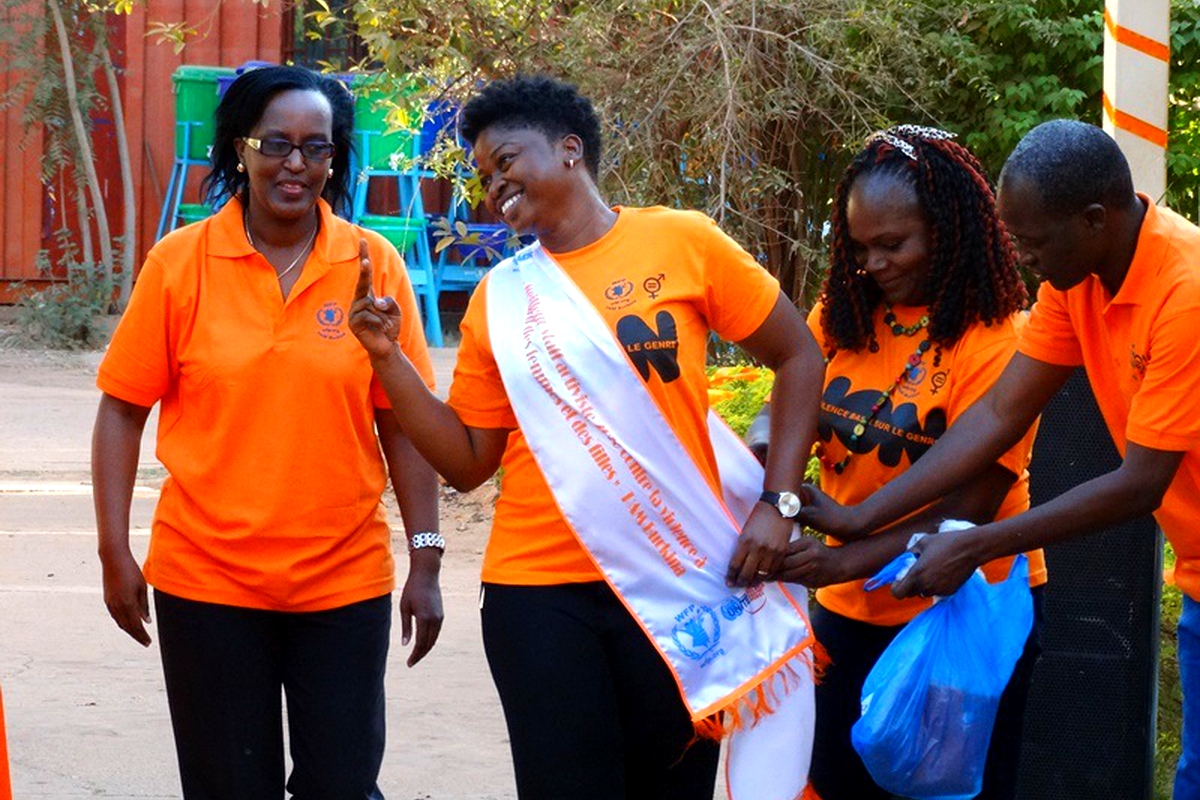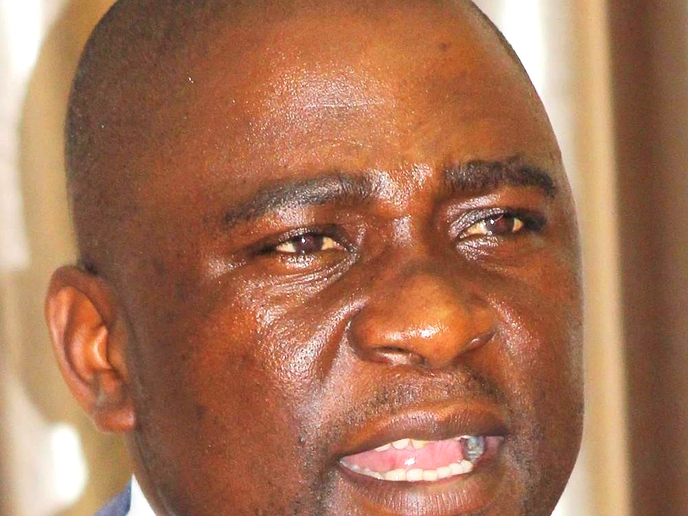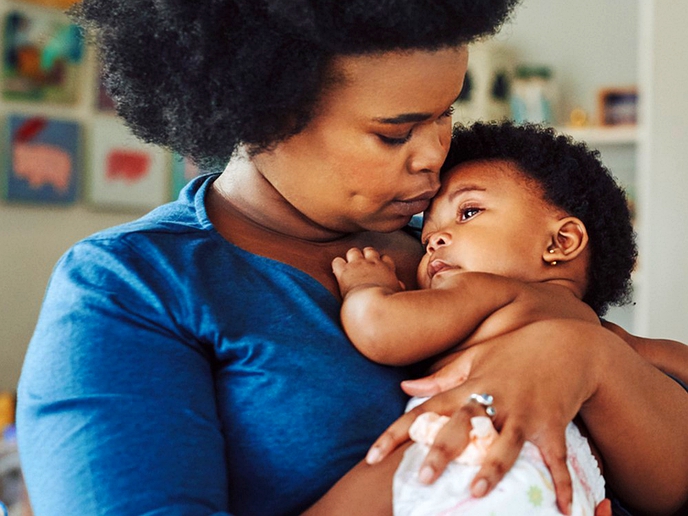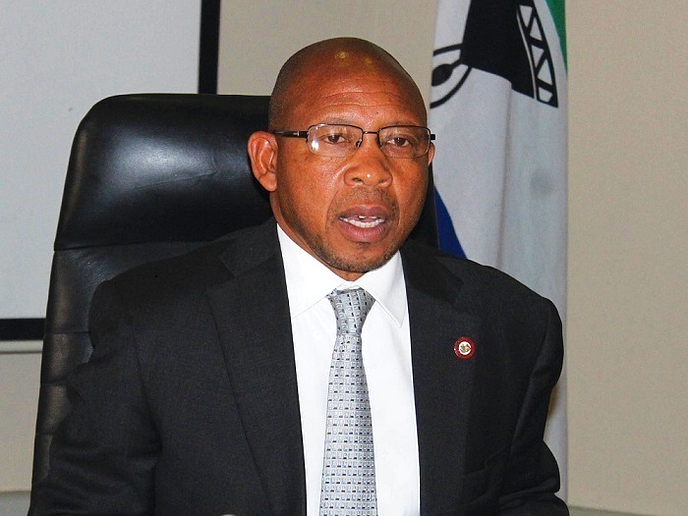A six-month relief project facilitated by the World Food Programme (WFP) to support the most vulnerable people in urban areas who have been negatively impacted by the COVID-19 pandemic ended in January.
health
March 2, 2021
LINEO MABEKEBEKE
2 min read
WFP urban cash transfer interventions end

WFP’s Country Director in Lesotho, Aurore Rusiga (left)
The project which covered a total of 10 500 households, representing 42 500 people (52 percent women) in the urban councils of Maseru, Mafeteng, Mohale's Hoek, Quthing and Qacha's Nek offered each household a sum of M831 per month.
The project was financially supported through a European Union’s (EU) contribution of M55.5 million to provide the much needed relief assistance to the most vulnerable people in Lesotho affected by three consecutive years of drought and the recent socio-economic impacts of the COVID-19 pandemic.
The contribution was part of a larger EU grant of M87.3 million to support joint emergency response interventions led by the WFP in conjunction with the Food and Agriculture Organisation (FAO) and the International Organisation of Migration (IOM).
WFP assisted 34 000 severely food insecure people living in urban areas of the five worst affected districts by expanding the government’s Public Assistance Programme.
“We thank the EU for their continuous support to the emergency response operations the WFP is rolling out across the country to complement the government’s COVID-19 Food Security Response Plan,” Aurore Rusiga, the WFP’s Country Director in Lesotho had earlier noted.
The EU’s funding came at a crucial time when over 40 percent of the population of Lesotho was experiencing acute food insecurity.
Enjoy our daily newsletter from today
Access exclusive newsletters, along with previews of new media releases.
“Food production has continued to decline for the third consecutive year whilst food prices have increased due to COVID-19 lockdown measures,” Ms Rusiga further said.
On lean season response, WFP notes that a total of 6 300 vulnerable households representing 31 500 people (52 percent women) from the rural districts of Mokhotlong and Thaba-Tseka are being assisted through community vouchers, which are redeemable at local retail stores and mobile cash transacted through the Mpesa platform.
Each household receives a monthly entitlement amounting to M811. The intervention was made possible through a contribution of USD 1.1 million from the USAID Bureau of Humanitarian Assistance.
With the closure of schools since March 2020, WFP continues to provide take-home rations of canned fish to a total of 30 473 learners, through a contribution of USD 1.8 million from the Government of Japan.
Tailored for you






